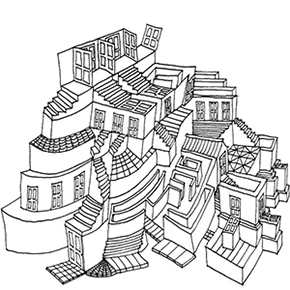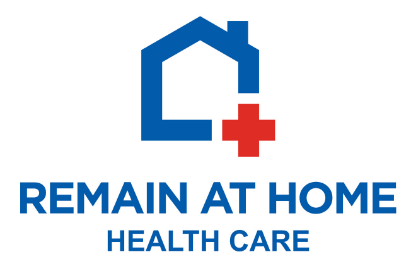Home & Vehicle Modification under EEOICPA

Most EEOICPA beneficiaries don’t realize modifications to their home and vehicle are covered under the Energy Employees Occupational Illness Compensation Program. As long as the modification is considered medically necessary due to a covered illness the program will cover major and minor modifications. So if you can no longer get into the shower or your car isn’t handicap accessible, you may be eligible for a modification.
Home Modifications
Modifications under EEOICP can be made to an owned home/apartment or a rental property. All modifications must be prescribed by a treating physician. Modifications should be of similar quality and conform to the standard of décor existing in the home. Modifications are meant to maintain the standard of living the claimant experienced prior to illness. They can include:
- Hand rails, shower mods, ramps, etc.
- Additions – 1st floor room, 1st floor bathroom
- Replacement or maintenance expenses
- Air filtration & air conditioning
- Any other reasonable modification to maintain standard of living
For non-owned properties all modifications must be approved by the landlord. Some modifications may be subject to the Americans with Disabilities Act and therefore the responsibility of the landlord to modify or provide alternative accommodations. If modifications of a rental property are excessive or infeasible relocation costs may be reimbursed to move a claimant to a more suitable dwelling.
BE AWARE: Once the modification is no longer necessary, the government is entitled to reimbursement for any salvageable equipment, property value increases, or other appreciation in value from the modification.
Home Modification Approval
Typically contractors and sometimes health professionals will need to come out and assess the necessary work. Fees for medical or rehabilitation professional visits are reimbursable. Architectural drawings for major structural changes can also be covered. A formal proposal should be submitted to your claims examiner including:
- A medical report from the prescribing physician detailing the claimant’s condition and why the modifications are necessary to maintain a former standard of living
- Itemized list of all modifications
- Written approval from landlord if applicable
- Two or more bids from licensed contractors detailing all necessary costs
The claims examiner will typically choose the lowest bid unless a reasonable case is made as to why a higher bid should be accepted.
Vehicle Modification
If a claimant has specific medical travel needs related to their covered illness they may be eligible for vehicle modification or purchase. The replacement of specialized equipment due to normal wear and tear may also be covered. General maintenance and upkeep will be the responsibility of the claimant.
Initially the claims examiner will assess whether or not an existing vehicle can be modified in order to accommodate your transportation needs. If the claims examiner determines modification to be sufficient to maintain the claimant’s pre-illness mobility, you will need to submit:
- Vehicle Information: year, make, model, body style, current mileage
- Description of general mechanical condition and any currently needed or foreseeable repairs
- Itemized list of parts, labor, and costs required for vehicle modification
The claims examiner will acquire 2 bids on the job and work with you to determine the most suitable bid.
Vehicle Replacement
If modification of the current vehicle isn’t realistic your claims examiner may opt to replace the vehicle. The claims examiner can purchase a used or new vehicle as long as the value is in line with the current vehicle and it meets the claimant’s transportation needs or can be modified as such.
The claims examiner will establish a baseline cost of the current vehicle and then compare to those available on the market. Applicable taxes and any additional equipment are to be included in the cost. If the claimant requests a vehicle that is greater than the value of the current vehicle, the claimant will be responsible for paying the difference in value.
BE AWARE: Once the vehicle is no longer necessary the government is entitled to recover the fair market value of the modified vehicle less any contribution the claimant has made. If the vehicle value is under $5,000 reimbursement will not be requested.
Learn more about Medical Travel Reimbursement under EEOICPA


